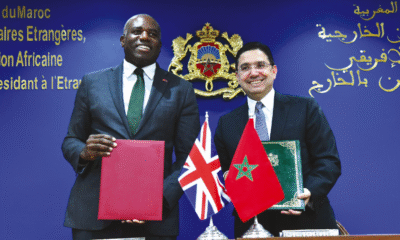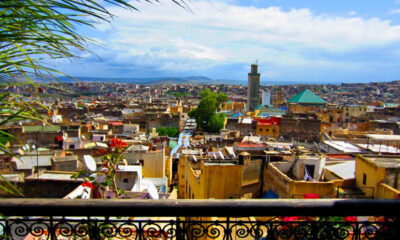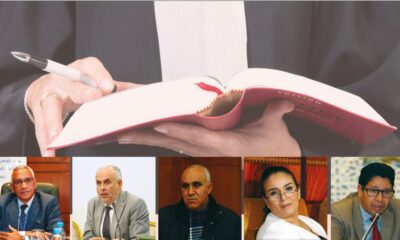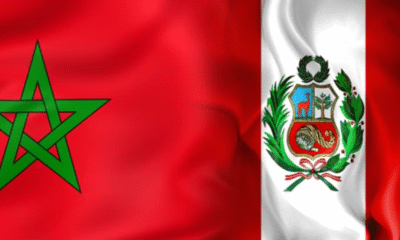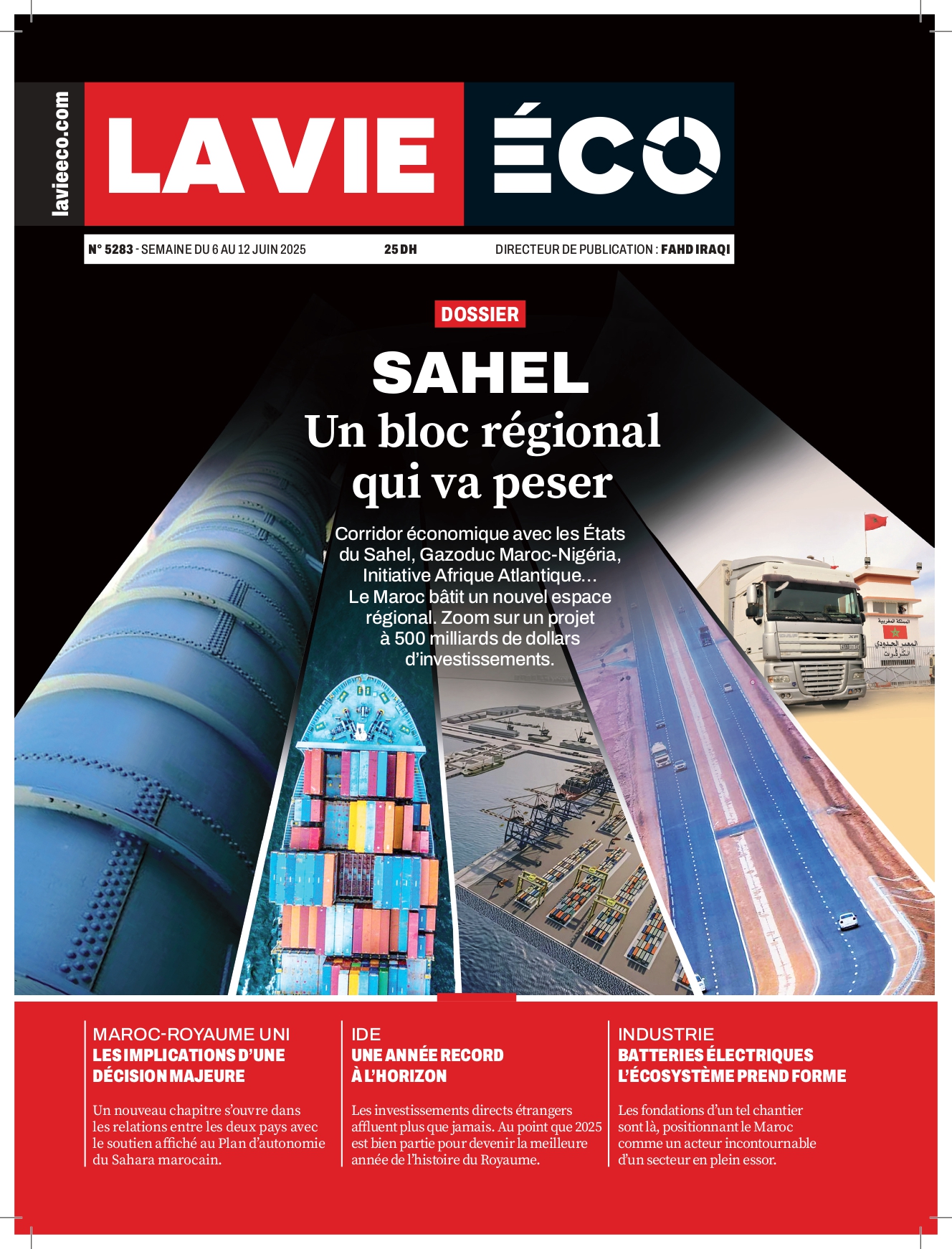Kingdom
What Jobs for Tomorrow’s Morocco?
Demographic and social shifts, along with economic policies pursued over recent decades, have reshaped the employment landscape. Certain sectors will no longer absorb labor, while others face significant demand. Emerging trends.

One thing is certain, and the Generation Green strategy has taken this into account: agricultural employment, as traditionally understood, is in decline. The share of agricultural employment has dropped from 50% in 1991 (World Bank data) to just 30% in 2023.
Population urbanization, sector modernization, and the adoption of new technologies, among other factors, have contributed to this annual decline of approximately 0.625%. During the same period, the industrial sector gained 5 percentage points, rising from 19% in 1991 to 24% in 2023. In services, the increase was from 31% to 46%.
This irreversible trend will likely further tilt the balance toward these two sectors in the coming years. The evolution of Morocco’s employment structure will indeed be shaped by economic dynamics driven by accelerated industrialization—bolstered by Morocco’s global industries and the energy sector—as well as social dynamics like urbanization, improved training quality, and technological advancements.
Several key sectors are set to undergo profound transformations, starting with agriculture, which employs 24.3% of the workforce (often informally), according to statistics finalized in Q3 2024 following a recent HCP report on the labor market.
The sector, facing structural water crises and challenges in yield and efficiency, is compelled to adopt advanced technologies (agritech, smart irrigation, fertigation, etc.) to boost productivity and address water stress. This shift implies greater reliance on technology and reduced human labor.
Even with measures advocated by the Generation Green strategy—such as diversifying the sector, developing high-value-added industries (agro-food, arboriculture), promoting solidarity farming to reduce climate vulnerability, and supporting the rural middle class—these initiatives are unlikely to generate mass employment.
Current trends suggest potential stagnation or even a relative decline in agricultural employment (accounting for food sovereignty imperatives), driven by mechanization. However, losses could be offset by jobs in processing and logistics.
Under the Generation Green strategy, agricultural employment might stabilize or grow slightly if job-creation targets are met. Yet, these jobs are expected to demand higher qualifications (technicians, agronomic engineers) and focus on high-value-added industries, reducing reliance on low-skilled labor.
Betting on tech
In industry, Morocco aims to strengthen its position as an industrial hub through ecosystems such as automotive, aerospace clusters, emerging rail industries, military manufacturing, naval projects (still in planning), and boosting the Made in Morocco brand.
These sectors will continue to employ large numbers in the coming years but require a skilled workforce—primarily technicians and engineers—necessitating tailored training programs.
Renewable energy (solar and wind), in rapid expansion, will drive employment in engineering, maintenance, and R&D. With the development of a green hydrogen ecosystem, the renewable energy sector alone is projected to account for 10% of all new jobs in the country, according to a recent statement by the relevant minister.
The broader green economy, beyond renewables, will contribute to job creation in waste management, energy efficiency, and related fields.
Attracting foreign investment—particularly from Europe, China, and potentially the U.S.—under the new investment charter will further generate jobs in logistics and subcontracting.
Similarly, the resurgence of tourism, with a future focus on sustainable, cultural, and medical tourism, alongside digital services (e-tourism) and destination diversification, will not only preserve existing jobs but also create new ones.
In ICT and the digital economy, growth in tech-driven roles (software development, cybersecurity, AI), supported by initiatives like Maroc Digital 2030 and business process outsourcing (BPO), will remain a major employer in the coming years.
These sectors are expected to offset losses from automation, which threatens low-skilled jobs (textiles, administration), while creating new roles (data analysts, Industry 4.0 maintenance). Additionally, healthcare faces growing demand for qualified personnel (nurses, educators) to meet social and demographic needs.
The employment structure will undoubtedly shift toward a more service-oriented economy, with upgraded industries and modernized agriculture. The challenge lies in equipping youth with skills, attracting innovative investments, and reducing regional inequalities.
The government recognizes this, and public policies, including its new roadmap, will play a pivotal role in steering this transition.


